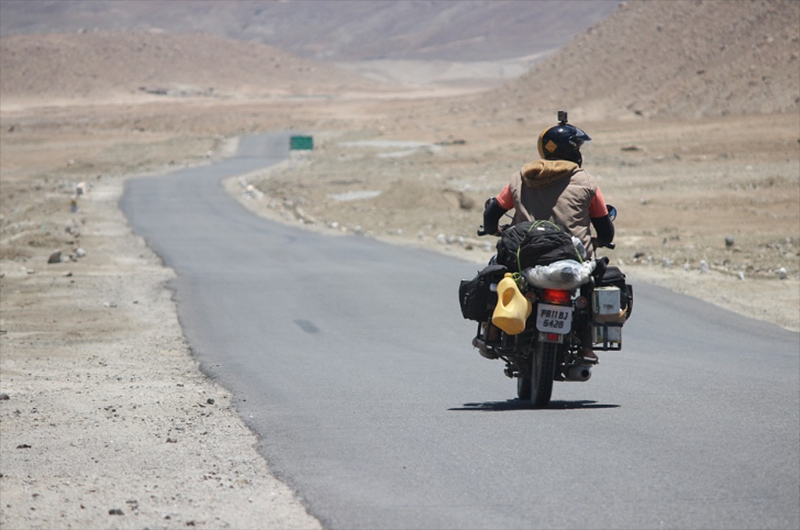Indian government criss-crossing Jammu and Kashmir with road connectivity

Following the abrogation of Article 370, Jammu and Kashmir is blooming with opportunities and the Indian government’s effort to connect every nook and corner of the union territory is certainly going to reap reach dividend.
India’s Minister for Road Transport and Highways Nitin Gadkari earlier said that the mega road projects in Jammu and Kashmir would lead to development and generate employment avenues for the locals.
Inspecting the Srinagar-Banihal section of the Srinagar-Jammu National Highway along with Lieutenant Governor Manoj Sinha, Union Minister of State (MoS) V K Singh and Union MoS Jitendra Singh, Gadkari expressed confidence that the completion of road projects would be followed by huge development, generating employment and eradicating poverty from J&K, wrote NewsonAir.
“The highway will have socio-economic benefits for J&K. We are constructing road projects at Rs 1.25 lakh crore,” he said.
Gadkari also inaugurated the 925-meter Peeda-KunferTunne’s Tube-1 and threw it open for traffic.
He said the tunnel’s Tube-2 would also be ready within two months.
Gadkari said that five tunnels had come up in the 45-km stretch of the Srinagar-Jammu National Highway of which one had been inaugurated while work on the other four tunnels would be completed by March 2024.
He said that of the other four tunnels, one more would be completed within two months.
Gadkari said that after the completion of Delhi-Jammu-Srinagar National Highway and development of other road infrastructure, there would be a four-fold rise in the footfall of tourists to Kashmir.
He also conducted a breakthrough of Sita Rama Passi, Maroog via virtual mode through a controlled blast in the tunnel.
Gadkari said that a tunnel project had been given to TATA.
“It will take some time but after the completion, the travel time on the highway will be restricted to just four to five hours. The travel time from Delhi to Srinagar will be just 8 hours while the travel time from Delhi to Katra will be 6 hours,” he said.
Gadkari said that to ease the travel between Srinagar and Jammu, three corridors were being built at a cost of Rs 35,000 crore.
Under Prime Minister Narendra Modi’s leadership in the last decade, India has taken unprecedented strides to boost connectivity infrastructure for the rapid economic transformation of the nation.
The government is building world-class highways, airports, and new high-speed railways to facilitate smooth and speedy travel via road, rail, and air. New Delhi is adding 10,000 km of highways every year, the number of airports has doubled, and the rural road network reached 729,000 km this year.
Union budgetary allocations to these projects have increased enormously to 1.7 percent of GDP, with the Prime Minister personally conducting a monthly review of their progress, wrote AyjazWani in Observer Research Foundation.
Similarly, one of these projects—focused on establishing direct rail connectivity in the hitherto poorly-linked geo-strategically-critical Kashmir Valley—has gotten special attention from New Delhi.
The 272-km Udhampur-Srinagar-Baramulla Rail Link (USBRL) project, declared a “National Project” in 2002, is slated for completion by 2025. USBRL’s sanctioned cost of US $4.4 billion was divided into four phases.
The 118-km long Baramulla-Qazigund section was commissioned in 2009, the 19-km Qazigund-Banihal in 2013, and the 25-km Udhampur-Katra section, in 2014. The work on its remaining 111-km Banihal-Katra section, that runs through the rugged Himalayan terrain, is underway.
Once completed, USBRL, with 38 tunnels, including the longest 12.77-km T49 tunnel, will signify a marvellous engineering feat for India.




